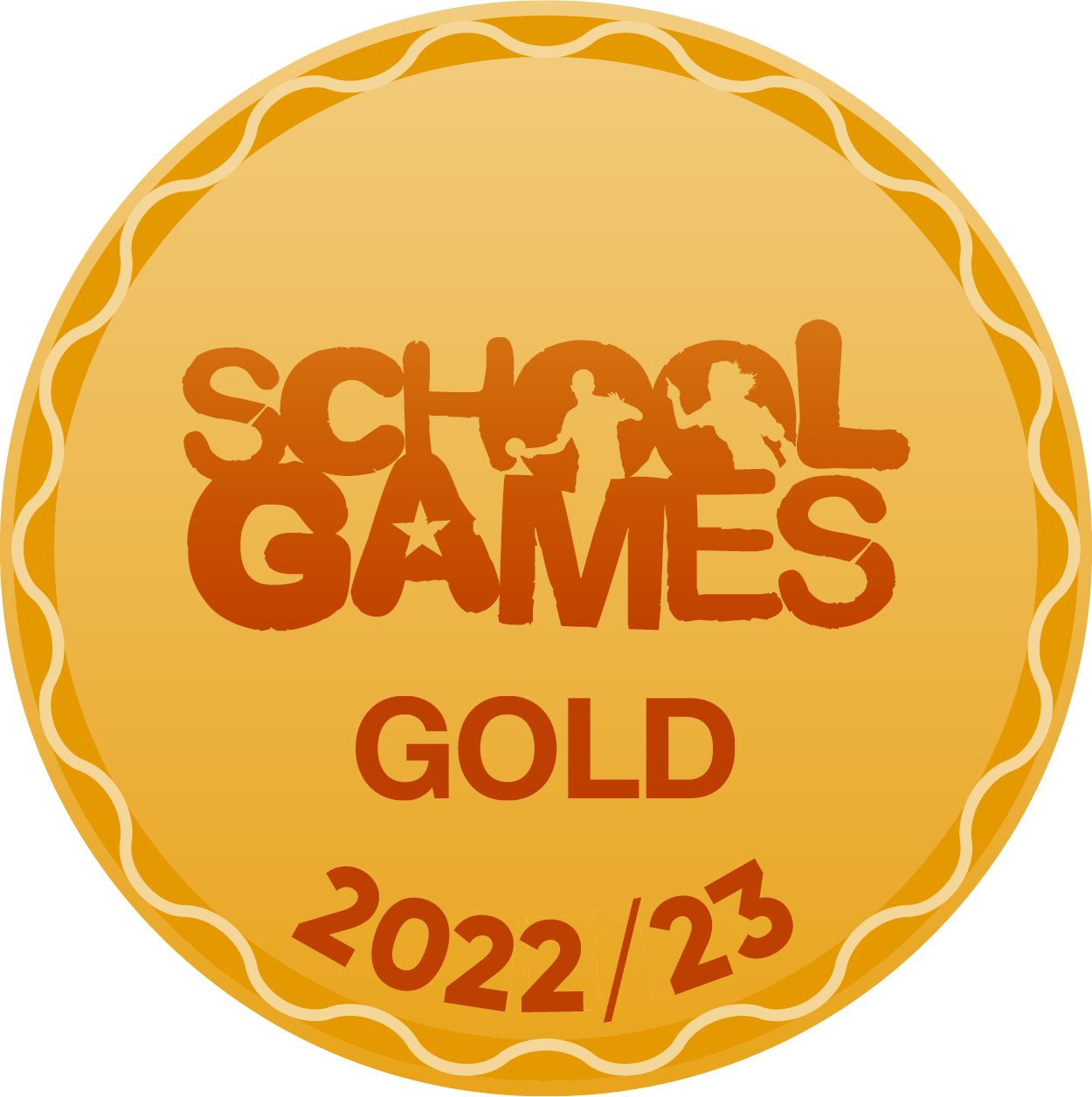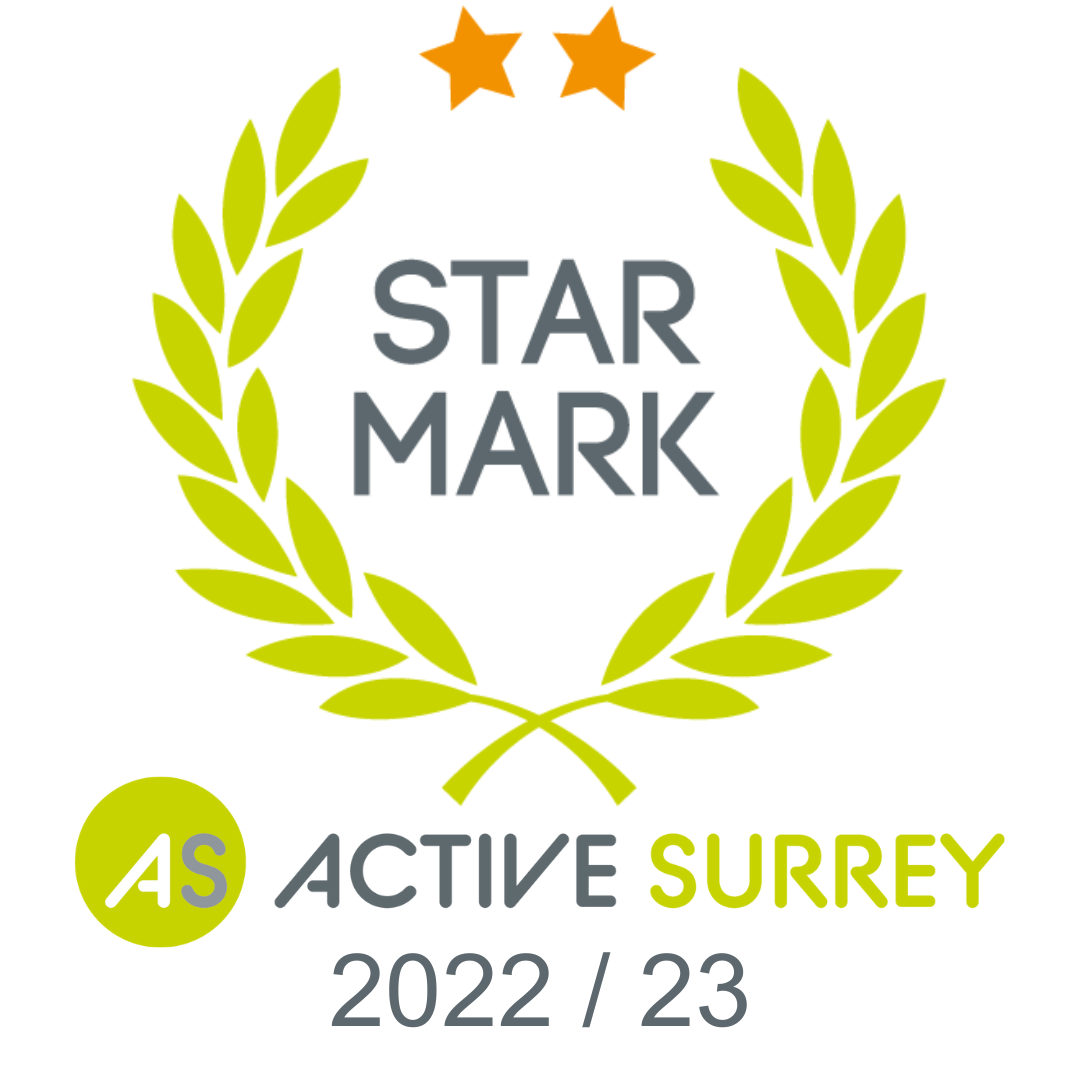Religious Education
Intent
It is our intent at William Cobbett to provide children with a broad and balanced R.E. curriculum, that enables them to understand a variety of faiths. The school follows The Agreed Syllabus for Religious Education in Surrey Schools with Jigsaw as a resource to facilitate this. The children develop knowledge and understanding of Christianity, and of the other principal religions and beliefs represented in Great Britain, including Judaism and Islam.
The R.E. curriculum at William Cobbett is organised to support the development of children’s knowledge of religious and non-religious beliefs and worldviews, practices and ways of life and enable children to make links between these. It also develops children’s knowledge and understanding of the different members of our rich and diverse community. Knowledge and skills are supported by first-hand experiences, including visits to local places of worship and visits from faith communities. Knowledge and skills are mapped to support children’s understanding of religion and faith. The R.E. curriculum is also designed to support positive attitudes and values and encourage children to reflect and relate learning to their own experiences. Children learn that there are those who do not hold religious beliefs and have their own philosophical perspectives, as part of its commitment to ensure mutual respect and tolerance for those with different faiths.
Religious education should also develop in children an aptitude for dialogue so that they can participate positively in our society with its diversity of beliefs. They learn to articulate clearly and coherently their personal beliefs, ideas, values and experiences, whilst respecting the right of others to differ. Religious education supports pupils and students in developing their sense of identity and belonging and enables them to flourish individually within their communities and as citizens in a diverse world.
Implementation
EYFS
The EYFS curriculum does not require R.E. to be taught as a separate subject but to flow through all areas of a child’s early learning, particularly PSHE and Understanding the World.
At William Cobbett, we recognise that the skills and principles of religious understanding should be integrated into the flow of learning in the lives of young children, and that the awareness of difference, wonder, respect and tolerance should be developed throughout the EYFS and are vital skills to be taken into the rest of school life as the children progress. This is taught through celebrations, circle times and stories at an age-appropriate level. Our EYFS R.E. learning has a topic element as a framework for staff to draw on but is accessed by children during continuous provision and assessed as part of the Early Learning Goals. Skills developed involve finding out where we belong, getting along with others, experiencing celebrations which may be unfamiliar, celebrating difference and recognising and respecting people, places and things which are special to others.
In EYFS, children will have opportunities to find out and learn about the world they live in. These experiences will include:
- learning about themselves within the context of their school.
- learning about the beliefs and cultures of others, including Christianity.
- encountering the celebration of different festivals.
- hearing stories from the Bible, and other cultural and religious traditions, as well as non-religious stories with morals that help them to relate to the things that different people believe.
Key Stages 1 and 2
R.E. is taught in a weekly topic block each half term. Coverage is planned to link with key dates and religious festivals to provide opportunities to celebrate festivals and religions with greater consistency and contextual relevance. Learning is recorded in topic books and is evidenced with a variety of outcomes, including written pieces, artwork and photographs. The teaching of R.E. is in keeping with government requirements and is taught for 40 minutes per week, across KS1 and KS2. In addition to the Surrey Syllabus we aim to offer the opportunity to explore other faiths by learning about shared celebrations and stories. This year the children will engage in learning about the Chinese New Year through assemblies and having themed school lunches. The school regularly hosts the “Signposts” team and a member from the local church, who will run whole school assemblies based on the Christian faith.
Content covered:
KS1: We introduce children to the study of Christianity and aspects of Judaism and Islam and incorporating, where appropriate, consideration of non-religious worldviews.
KS2: We develop the study of Christianity and aspects of Judaism and Islam, and introducing aspects of Sanatana Dharma, Sikhism and Buddhism. It also incorporates, in several units, elements reflecting non-religious world views.
Impact
Alongside a whole-school approach to celebrating different religious and cultural celebrations, the R.E. curriculum provides the means to celebrate the diversity of the school community and promote positive images of people in the wider community, including their beliefs, traditions, culture, language and history. It ensures that children develop spiritually, academically, emotionally and morally to promote and realise a better understanding of themselves and others. The children acquire a keen sense of enthusiasm as they learn about different cultural and religious backgrounds. They are confident to question the world around them and appreciate the diversity it offers. They learn to explore the opportunities, challenges and responsibilities of living in a rapidly changing, multicultural world.
R.E. is assessed at the end of each academic year in each year group. This is done through teacher judgment using the assessment laid out in the R.E. progression of knowledge and skills document. Teachers record children’s progress from Reception through to Key Stage 2 in R.E.. Teachers will need to judge if a child is developing, secure or greater depth at the end of each year group and this is communicated to parents through children’s annual reports.
R.E. is monitored by the subject leader and senior leadership team through book looks, learning walks and pupil and teacher surveys. Monitoring observations are communicated to staff and support and training are put in place where a need has been identified.
Parents may exercise their legal rights to ask that their child is withdrawn for all or part of Religious Education and/or assemblies. Please make an appointment with the headteacher if you wish to do this.
Pupil Voice
‘Drawing lessons are the best in R.E.’
‘We have a good understanding of different religions’
‘I liked it when we learned about Hinduism because that’s my religion and my friends like the different Gods’
‘Some religious festivals look like so much fun’
Useful Websites
You can find the Surrey Revise Religious Education Syllabus here
Surrey Agreed Syllabus (Surrey SACRE)
KS1 BBC Bitesize Religious Education
KS2 BBC Bitesize Religious EducationRE:Online





